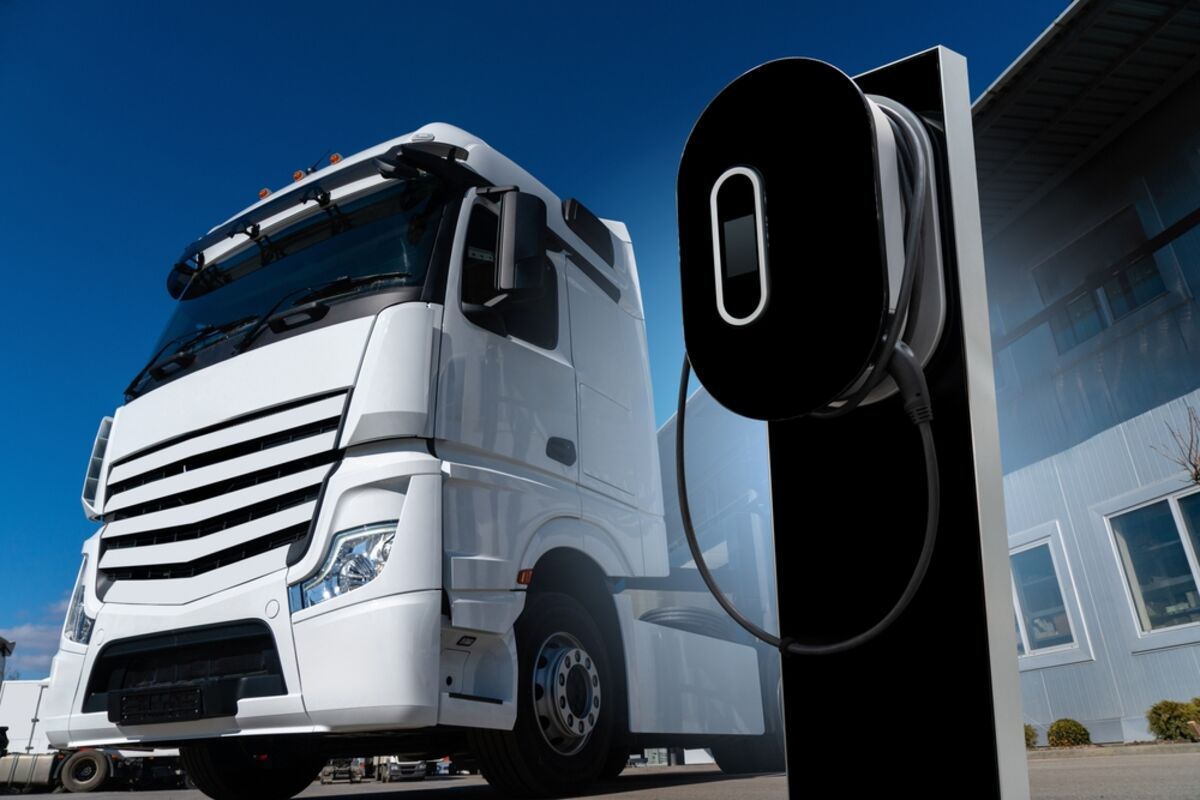Revolutionizing Trucking Industry: Electric vs Hydrogen-Powered Trucks
Key Ideas
- Electric trucks are gaining popularity due to cheaper costs, improved battery technology, and faster charging stations.
- Hydrogen trucks offer advantages in carrying heavy loads and quick refueling, but are less energy efficient and more expensive.
- Electric trucks significantly outperform hydrogen trucks in reducing CO2 emissions, especially with clean energy sources.
- While battery-powered trucks are projected to dominate the market, some companies like Daimler and Volvo are investing in hydrogen for heavy-duty loads.
Truck traffic in Europe contributes significantly to environmental pollution, with trucks responsible for 28 percent of traffic emissions. The push for cleaner transportation has led to a comparison between electric and hydrogen-powered trucks. Electric trucks, powered by lithium-ion batteries, have become popular in light vehicles due to cost-effectiveness and improved technology. Advancements in battery energy density and charging infrastructure have made long-distance electric heavy-duty trucks feasible. On the other hand, hydrogen fuel cell trucks offer quick refueling and are ideal for heavy loads. Despite their advantages, hydrogen trucks are less energy-efficient and more expensive than electric trucks. In terms of CO2 emissions reduction, electric trucks outperform hydrogen trucks, particularly with clean energy sources. While most truck manufacturers are focusing on electric trucks, companies like Daimler and Volvo continue to invest in hydrogen for heavy loads. It is projected that by 2050, hydrogen trucks will represent a small fraction of the market, with electric trucks dominating the industry.
